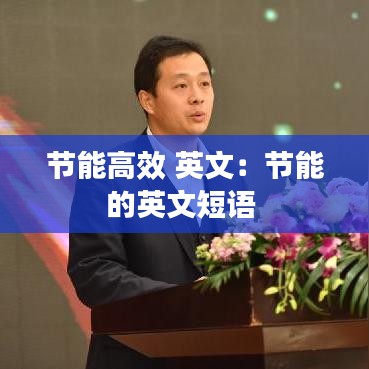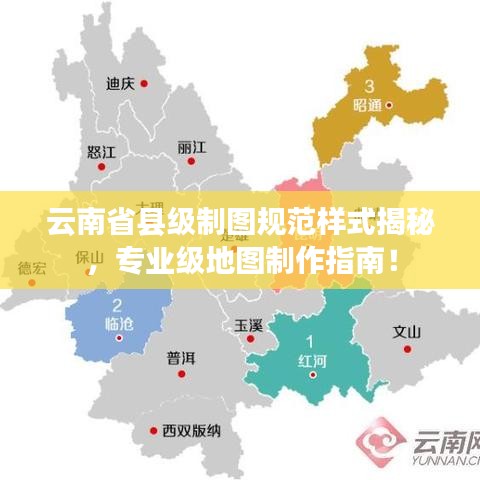<!DOCTYPE html>
<html lang="en">
<head>
<meta charset="UTF-8">
<meta name="viewport" content="width=device-width, initial-scale=1.0">
<title>Efficient Energy Use</title>
</head>
<body>
<h1>Efficient Energy Use: The Key to a Sustainable Future</h1>
<h2>Introduction to Energy Efficiency</h2>
<p>
In an era where climate change and environmental degradation are pressing concerns, the concept of energy efficiency has become more crucial than ever. Energy efficiency refers to the use of less energy to produce the same amount of output or achieve the same level of service. This approach not only reduces energy consumption but also minimizes environmental impact and economic costs. The global shift towards energy efficiency is a testament to the urgent need for sustainable practices that benefit both the planet and society.
</p>
<h2>Technological Advancements in Energy Efficiency</h2>
<p>
The rapid advancements in technology have paved the way for significant improvements in energy efficiency. Innovations in renewable energy sources, such as solar, wind, and hydroelectric power, have made it possible to produce energy with minimal environmental impact. Additionally, the development of energy-efficient appliances, lighting systems, and building materials has led to reduced energy consumption in residential, commercial, and industrial sectors. These technological advancements have not only improved energy efficiency but have also made it more accessible and affordable.
</p>
<h2>Energy Efficiency in Buildings</h2>
<p>
Buildings consume a significant portion of the world's energy, making energy efficiency in this sector a top priority. The design and construction of energy-efficient buildings involve various strategies, including the use of high-performance insulation, energy-efficient windows, and smart heating, ventilation, and air conditioning (HVAC) systems. These measures not only reduce energy consumption but also enhance the comfort and health of occupants. Moreover, the adoption of renewable energy sources, such as solar panels and geothermal heating, further contributes to the sustainability of buildings.
</p>
<h2>Energy Efficiency in Transportation</h2>
<p>
The transportation sector is another major consumer of energy, and efforts to improve its efficiency are essential for achieving a sustainable future. Electric vehicles (EVs) have gained significant traction as a more energy-efficient alternative to traditional internal combustion engines. EVs not only reduce greenhouse gas emissions but also offer cost savings on fuel and maintenance. Additionally, advancements in public transportation, such as the expansion of electric buses and trains, contribute to reducing the overall energy footprint of the transportation sector.
</p>
<h2>Energy Efficiency in Industry</h2>
<p>
The industrial sector is a significant consumer of energy, accounting for a substantial portion of global energy use. Implementing energy efficiency measures in industry can lead to significant cost savings and environmental benefits. Process optimization, the use of advanced control systems, and the integration of renewable energy sources into industrial operations are some of the strategies employed to improve energy efficiency. These measures not only reduce energy consumption but also enhance productivity and competitiveness.
</p>
<h2>Energy Efficiency in Agriculture</h2>
<p>
Agriculture is a vital sector for feeding the world's population, but it also consumes a considerable amount of energy. Energy-efficient practices in agriculture can help reduce the environmental impact of farming while ensuring food security. Techniques such as precision agriculture, which utilizes advanced technology to optimize crop yields and minimize resource use, can lead to significant energy savings. Additionally, the adoption of renewable energy sources, such as biogas and solar power, can help power agricultural operations more sustainably.
</p>
<h2>The Economic Benefits of Energy Efficiency</h2>
<p>
While energy efficiency is primarily driven by environmental and sustainability considerations, it also offers significant economic benefits. By reducing energy consumption, businesses and organizations can lower their operational costs and improve their bottom lines. Energy-efficient practices can lead to long-term savings, making them an attractive investment for businesses looking to enhance their financial performance. Moreover, the development of new energy-efficient technologies creates job opportunities and drives economic growth.
</p>
<h2>The Social and Health Benefits of Energy Efficiency</h2>
<p>
Energy efficiency also has important social and health implications. By reducing air pollution and greenhouse gas emissions, energy-efficient practices contribute to improved air quality, which can lead to better public health outcomes. Energy-efficient buildings and transportation systems can also enhance the quality of life for communities, providing more comfortable and sustainable environments. Furthermore, the adoption of renewable energy sources can empower communities, particularly in rural areas, by providing access to clean and affordable energy.
</p>
<h2>The Challenges and Solutions for Energy Efficiency</h2>
<p>
Despite the numerous benefits of energy efficiency, there are challenges that need to be addressed. One转载请注明来自潍坊寓泰防水材料有限公司 ,本文标题:《节能高效 英文:节能的英文短语 》










 鲁ICP备2021042631号-1
鲁ICP备2021042631号-1
还没有评论,来说两句吧...